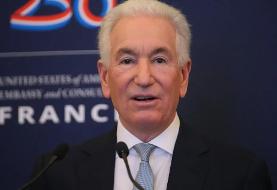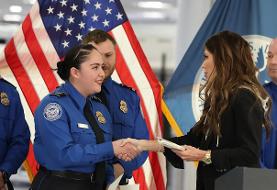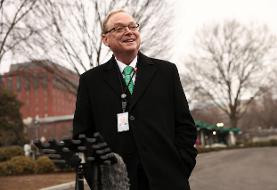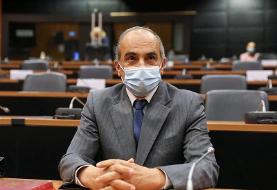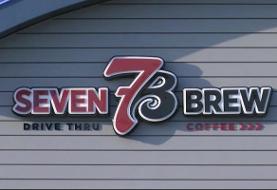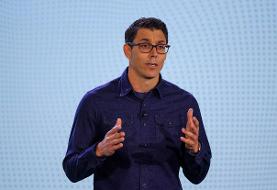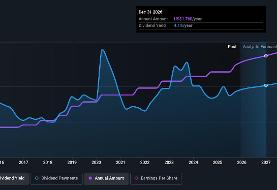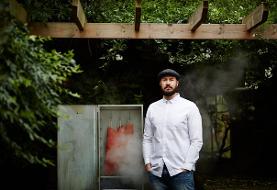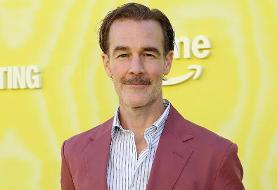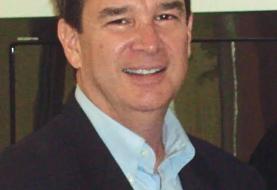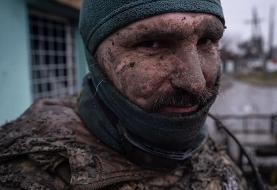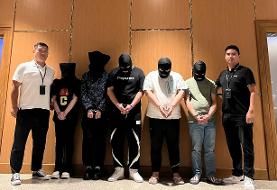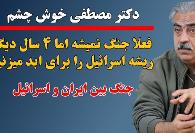Only in America: News on Justice and Hope
A collage of recent interesting news you may have missed, all reflecting the very American theme of Not giving up hope, and fight for justice and racial reconciliation:
Another Innocence Project Victory over the Prison Business
"Prison in America is a business, inmates are just commodities. People are being exploited by the thousands, hundreds of thousands," says Ricky Jackson, who holds the ignominious record for the person who served time the longest in the US penal system before he was proven innocent and released.

It was 1975, when he and two other young black men were charged and convicted of the murder of a white businessman in Cleveland. The sole evidence against them was (false) testimony provided by an alleged eyewitness, who was 12 at the time. Ricky was, for a time, on death row. Ultimately he would spend 39 long years in prison. He was released at the end of 2014 with the help of lawyers and law students from the Ohio Innocence Project, an extension of The Innocence Project, a national litigation and public policy organization dedicated to exonerating wrongfully convicted individuals through DNA testing, new witnesses, new expert testimony, or evidence of police misconduct, and to reforming the criminal justice system to prevent future injustice.
Jackson also owes his release to opponents of death penalty, and a conscientious judge and pastor. When released, Ricky Jackson met the man who (as a boy) falsely accused him, face to face and it was all about forgiveness. The gesture overwhelmed Vernon, who was intimidated to be a false witness as a 12-year old boy but years later repented and recanted his testimony with support from his pastor.
To date there have been 329 people exonerated by DNA evidence in the United States (see examples). In another victory for civil justice activists in their quest against wrongful imprisonment, The Justice Department and FBI have formally acknowledged that nearly every examiner in an elite FBI forensic unit gave flawed testimony in almost all trials in which they offered evidence against criminal defendants over more than a two-decade period before 2000 (news link).
Of 28 examiners with the FBI Laboratory’s microscopic hair comparison unit, 26 overstated forensic matches in ways that favored prosecutors in more than 95 percent of the 268 trials reviewed so far, according to the National Association of Criminal Defense Lawyers (NACDL) and the Innocence Project, which are assisting the government with the country’s largest post-conviction review of questioned forensic evidence. The cases include those of 32 defendants sentenced to death. Of those, 14 have been executed or died in prison.
The admissions mark a watershed in one of the country’s largest forensic scandals, highlighting the failure of the nation’s courts for decades to keep bogus scientific information from juries, legal analysts said. Peter Neufeld, co-founder of the Innocence Project, commended the FBI and Obama's Justice Department for the collaboration but said, "The FBI’s three-decade use of microscopic hair analysis to incriminate defendants was a complete disaster."
"These findings are appalling and chilling in their indictment of our criminal justice system, not only for potentially innocent defendants who have been wrongly imprisoned and even executed, but for prosecutors who have relied on fabricated and false evidence despite their intentions to faithfully enforce the law," says Senator Richard Blumenthal (D-Conn.), himself a former prosecutor.
In October of 2013, Democracy Now reported that Herman Wallace died just days after his conviction was overturned and he was released from nearly 42 years in solitary confinement in a 6-foot-by-9-foot cell. He was a member of Black Panthers, who was convicted for the 1972 murder of a prison guard, but long maintained his innocence and said he was framed for his political activism.
Hardnosed Cop and Gang Banger form a Bond
CBS News: They were the bitterest of enemies on the streets of Milwaukee: A hardnosed cop named Ray Robakowski, and a drug dealer and gang-banger named Jacob Maclin. Jacob got arrested so many times you can watch him grow old in his prison mugshots (seen below). But a reluctant meeting over a cup of coffee arranged by the district attorney's office - to end their cycle of cat and mouse- changed every thing for the two. Ray became convinced that Jacob was ready for a regular job if he found one so he sent Jacob on 14 interviews until one worked out and Jacob found a low-level job at Community Warehouse, a non-profit, home improvement store that hires ex-cons and teaches them job skills.

Jacob started working there eight years ago and is now on the management team. To this day, he can't thank Ray enough. So when the cop retired from Police force last year, Jacob offered him a job at the Community Warehouse. Ray is a changed man and has now helped more than a dozen other ex-cons leave their past behind. Jacob, of course, is equally unrecognizable. Today he's got four kids and has vowed: the cycle stops with him. All proof that if you can find the trust - sometimes your enemies can be your best allies.

Civil Vengeance: Ferguson Voters Elect 2 Black Members To City Council
NPR News: The world knew Ferguson, Missouri as the hot bed of violence and racial tension after a white police officer shot and killed an unarmed black man last August. Blacks were angry at the poor representation of minorities in the police department and City Council. Riots ensued. But a few black community activists like Wesley Bell, a lawyer and criminal justice professor, turned their frustration into civil action to show to the world that justice can be sought in non violent ways in America. They ran for the office.
Earlier this month, in a first, the City Council in Ferguson, Mo., became 50% black, after voters added two more African-Americans (Ella Jones and Wesley Bell) to the six-member group. Brutal storms and lightning could not prevent the record turnout in this month's elections. "We knocked on doors. We were all about community outreach and staying positive," Bell tells St. Louis Public Radio. Bell said he wants Ferguson's police officers to be judged by the number of people they know in the community, not by the number of tickets they issue.
Related to Justice
- Holocaust survivor supports blacks in Missouri and Palestinians in Gaza
- Iranian born artist promotes universal basic income in the Netherlands (video)
- British legal system paralyzed by an Iranian criminal
- "Wal-Mart copied Iranian American dentist's business plan" Lawsuit claims: Shah vs. Wal-Mart
- From a White homeless to a black President: U.S. law protects
- Why prisons cannot be privatized and judges cannot be trusted?




